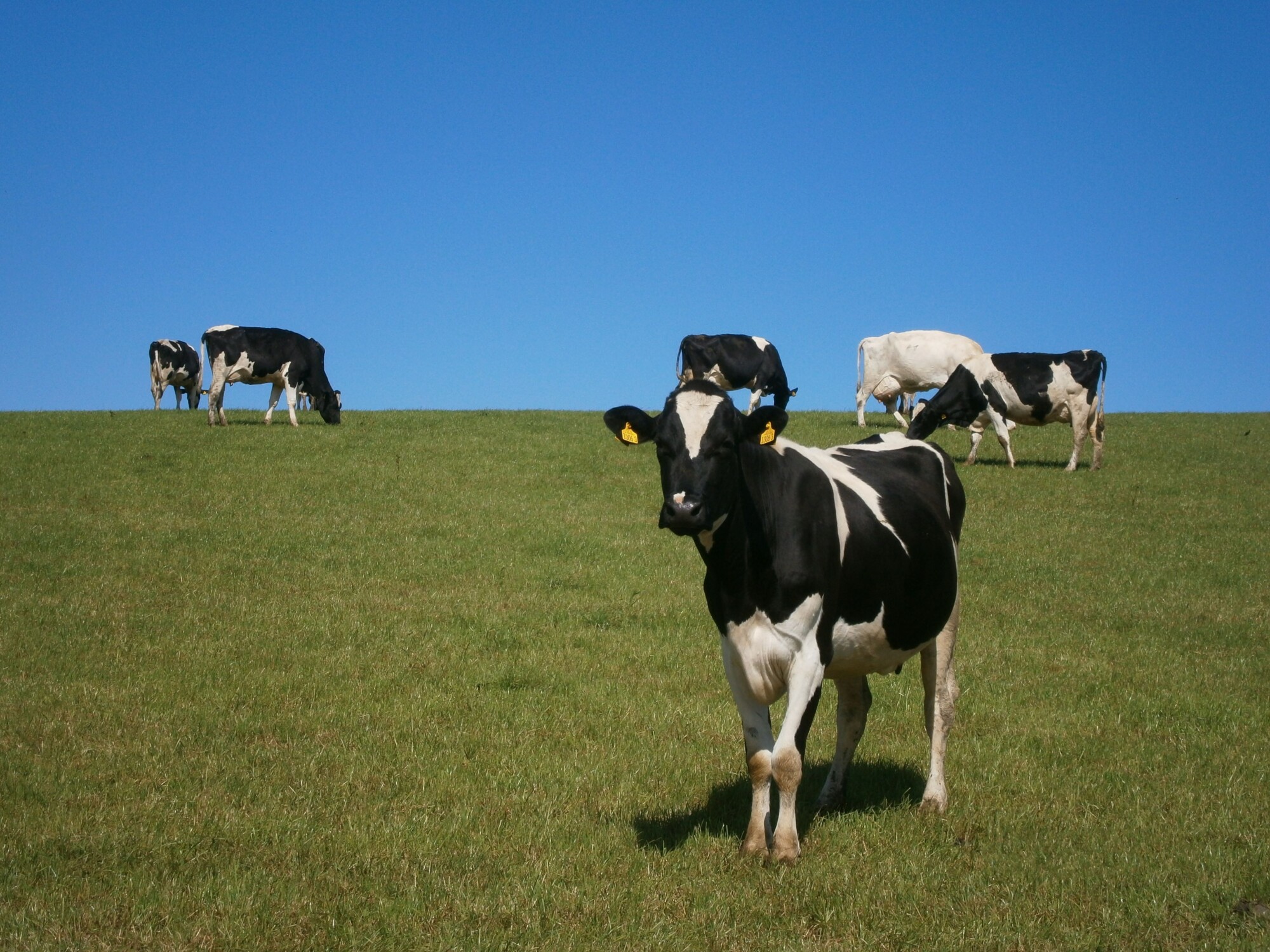Dairy farmers warned of heat stress impact on dry matter intakes
15th June 2021
With temperatures now regularly reaching 20ºC and beyond, dairy farmers are being warned that cows are extremely susceptible to heat stress which can result in depressed dry matter intakes (DMI) and reduced milk yields.
The caution comes as heat stress is becoming a greater issue in the UK, due to a combination of rising ambient temperatures and increasing average milk yields. According to Mark McFarland, feed additive product manager at Lallemand Animal Nutrition, this means that on average, cows producing 60 litres of milk per day experience a 2.00kW heat output.

Mark McFarland, feed additive product manager at Lallemand Animal Nutrition
“A cow enters into a state of heat stress when there is excessive heat accumulation within her body which she struggles to lose,” explains Mr McFarland.
“Alongside increased panting, an immediate coping mechanism is to reduce DMI. This results in a decrease in the availability of nutrients used for milk synthesis and can also disrupt rumen function, which can cause acidosis.”
“Ration reformulation is needed during periods of increased temperatures to account for decreased DMI and changing nutrient requirements. Maintenance of normal rumen function is also critical,” says Mr McFarland.
“Intakes fall when cows get too hot as they tend to eat less often, and in bigger amounts, which results in ‘sluggish feeding’.
“As a result, producers should maximise eating time by considering feeding cows in the evening during cooler temperatures. Adding a probiotic yeast to the diet can also prove very beneficial, helping to support rumen function and maintain DMI.”
Other steps farmers can take to mitigate the effects of heat stress include making sure shade is provided when cows are outdoors, aiming for 4-6m2 shade per cow. Easy access to clean cool water within the grazing area is also paramount, ideally maintaining a water temperature under 20 degrees.
“When milking, try to prevent overcrowding, particularly in the collecting yard. This is also a good place to add fans which can keep cows cool while they wait,” adds Mr McFarland.
With episodes of heat stress known to be increasing in the UK, Lallemand Animal Nutrition in conjunction with Dr Tom Chamberlain, are currently collecting live data to assess the extent of heat stress risk.
“Using unique monitors that have been fitted to a network of dairy farms in Southern England, we’re starting to see how heat stress is currently affecting UK herds. Farmers can also access this live data to give them an idea of how the heat could be potentially impacting their own herd,” says Mr McFarland.
“It’s important not to overlook heat stress. While the issue will become apparent in the bulk tank, acting early before milk yields are suppressed will pay dividends.”
To access the data, visit: https://lallemandanimalnutrition.com/en/united-kingdom-ireland/heat-stress-in-dairy-cows/
For anyone who would like more insight on heat stress, a recent webinar on the topic is available to watch on demand https://lallemandanimalnutrition.com/en/europe/heat-stress-is-it-really-a-problem-for-our-cows/

